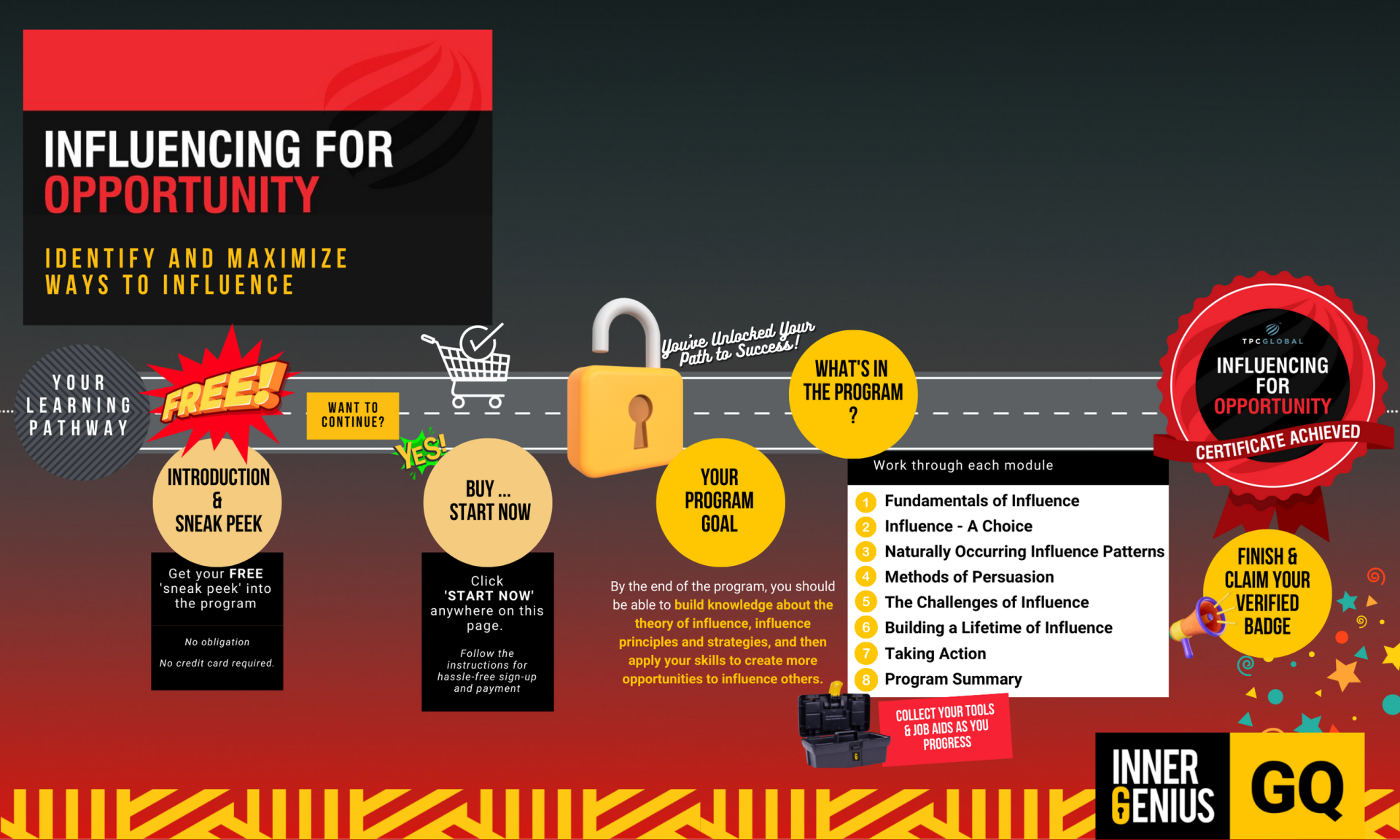Influence and persuasion are powerful tools that can be used to shape the way people think and act. It is a complex psychological process that involves understanding the motivations and desires of others in order to influence their behavior. Influence and persuasion can be used to create positive change in the world, or to manipulate people for personal gain. The concept of influence and persuasion has been studied extensively by psychologists, and there are many theories and models that explain how it works.
The most popular model of influence and persuasion is
Robert B. Cialdini's Six Principles of Influence. These principles are reciprocity, commitment and consistency, social proof, authority, liking, and scarcity. By understanding these six principles of influence and persuasion, we can use them to create powerful and lasting change. Influence and persuasion can be used to create positive change in the world. By understanding the psychology of influence and persuasion, people can become more effective influencers and persuaders.
In addition to the six principles of influence outlined by Cialdini, there are other psychological theories that can be used to help understand and utilize the power of influence and persuasion. These include cognitive dissonance theory, which states that people strive to maintain consistency between their beliefs, attitudes and behaviors; social exchange theory, which states that relationships are based on a calculation of costs and rewards; and goal-setting theory, which states that people are motivated to reach a goal when there is a clear path and achievable objectives.
By understanding the psychological principles of influence and persuasion, we can use them to create positive change in the world around us. We can inspire others to take action, make decisions, or change their beliefs in order to bring about the desired results. By mastering the art of influence and persuasion, we can become powerful agents of change in our society.
Many people are wary of using influence and persuasion because they feel it can be used to manipulate and exploit people. This fear is understandable, as there have been many abuses of power in the past. However, it is important to remember that influence and persuasion can also be used for good.
The key principle of ethical influence and persuasion is respect. It is important to respect the beliefs, feelings, and values of those you are trying to influence. It is also important to use influence and persuasion in a way that promotes mutual benefit for all parties involved.
It is also important to remember that not everyone will be influenced by your attempts at persuasion. Respect their autonomy and decision-making ability, even if it is not what you hoped. Finally, remember that influence and persuasion should never be used to manipulate or control others.
Increasing your influence can help
solve a variety of business challenges. Influence and persuasion can be used to persuade customers to purchase a product or service, to convince potential investors to put money into a company, or to encourage employees to become more productive.
In addition, increasing your influence can also help you develop relationships with key stakeholders. Developing strong relationships with stakeholders is an important part of any successful business, and it can be achieved through the use of influence and persuasion.
Finally, increasing your influence can also help you better understand and manage potential risks. Understanding the potential risks associated with a venture can help you prepare for and manage them in the most effective way possible.
Influencing for Opportunity by Catherine Mattiske is a powerful book that provides readers with the tools and techniques to become more influential in their lives. It offers strategies on how to influence others, build relationships, and unlock opportunities. This book is perfect for anyone looking to increase their communication skills, as it provides guidance on developing effective persuasion techniques such as using evidence, active listening, and presentation skills. It also covers how to develop relationships and build trust with potential customers, clients, and colleagues.
With this book, readers can gain the knowledge needed to make a positive impact in their career or business. Additionally, it provides inspiration and motivation for those looking to
increase their influence and unlock opportunities in their professional lives.
Overall,
Influencing for Opportunity is an invaluable resource for anyone looking to become more influential and persuasive in their lives. With this book, readers can gain the tools needed to make a positive impact on their networking and communication skills.
Anna was determined to succeed in her business venture, but quickly realized that selling her ideas required more than just a great product.
A young entrepreneur, Anna, was determined to succeed in her business venture. She had an ambitious goal of launching a new product and she was confident it would be successful. However, she quickly realized that selling her idea to investors required more than just a great product. She needed to develop her communication skills so that she could effectively persuade potential investors to believe in her product.
Anna decided to take a course on influence and persuasion. Through the GQ Academy course, “Influencing for Opportunity,” she was able to develop the skills needed to effectively communicate her ideas and persuade others. She practiced using verbal and nonverbal communication techniques as well as persuasive strategies like reciprocity, commitment and consistency, social proof, authority, liking, and scarcity. With her newfound skills, Anna was able to successfully launch her product. She quickly gained the trust of investors and ultimately achieved her goal. Her story demonstrates how increasing communication skills can help you become more influential in the business world. With the right persuasion and influence techniques, you too can
unlock your Inner Genius and make a difference.









